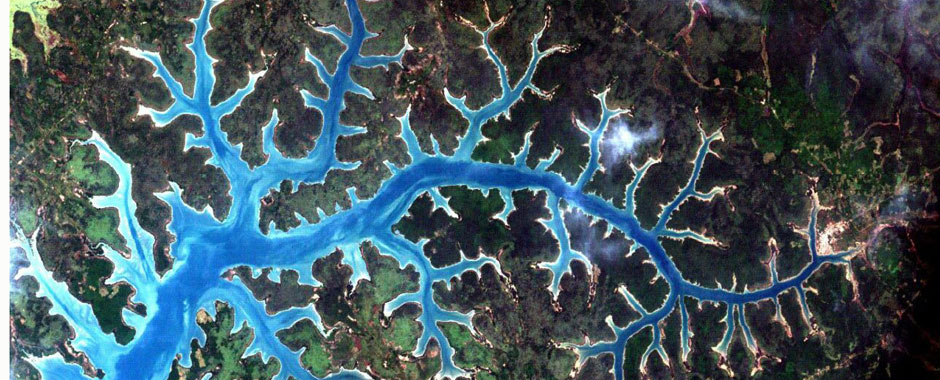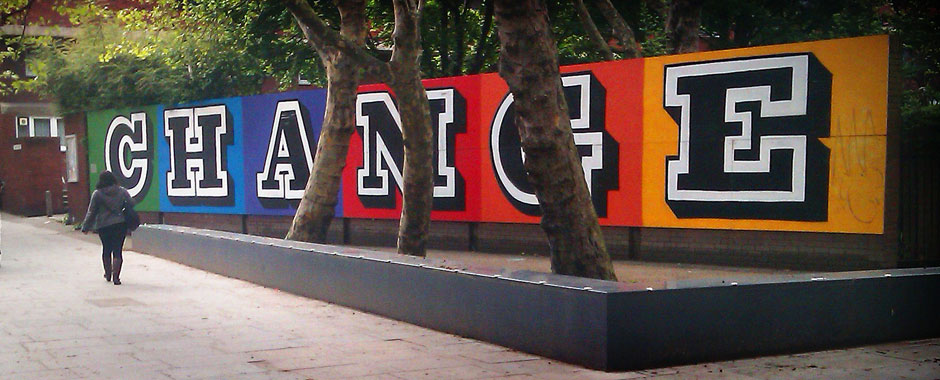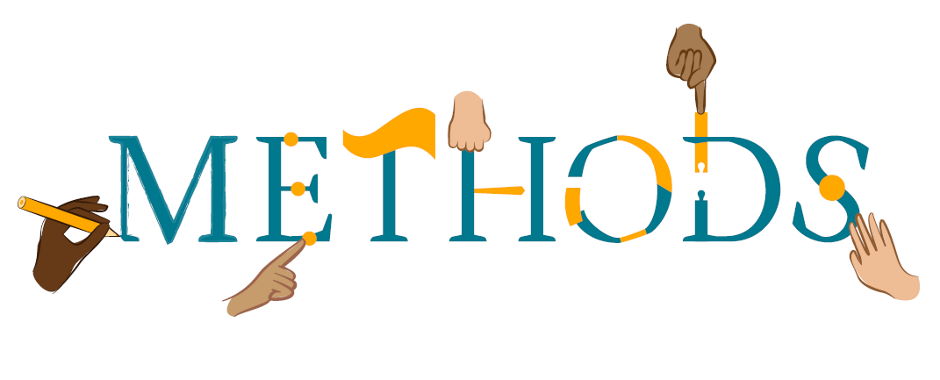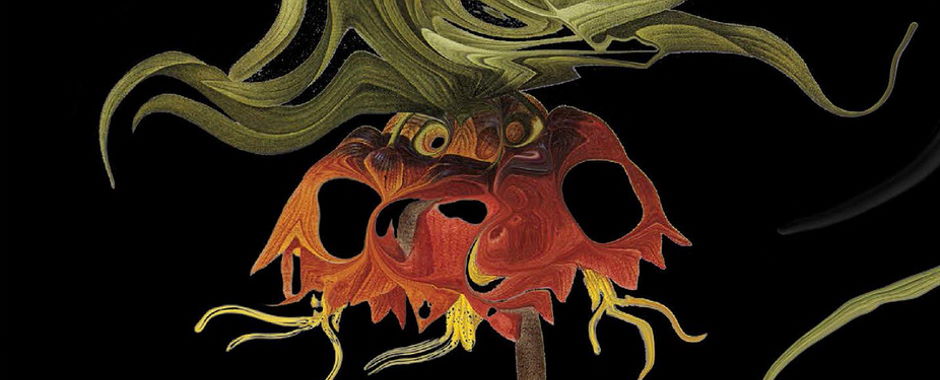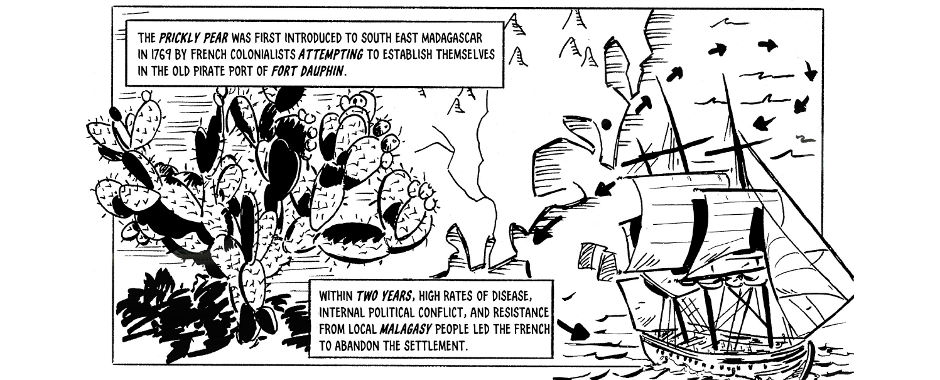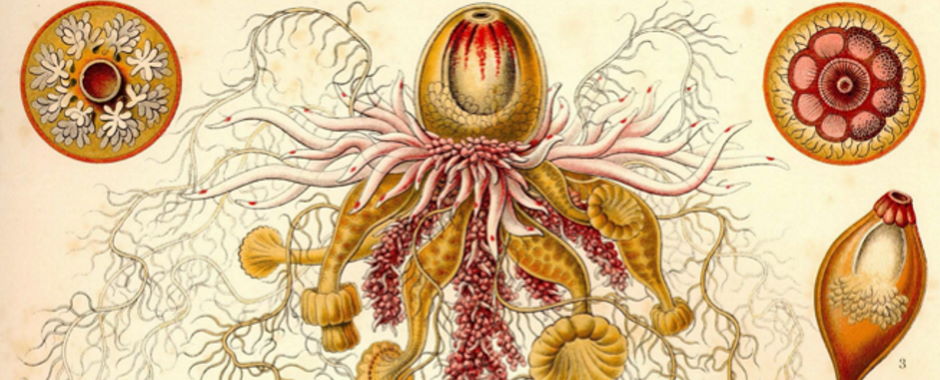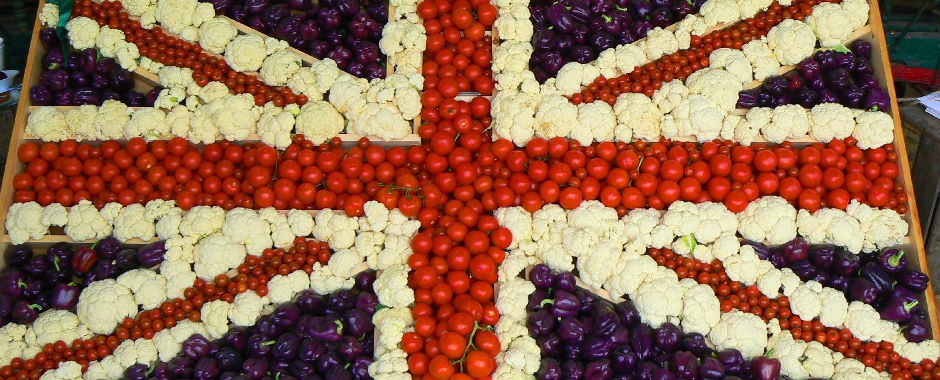by Patricia Pérez Belmont, Umbela Transformaciones Sostenibles How can research methods inform and catalyse change towards more sustainable worlds? Last month, the STEPS Centre held an online event to launch…
Waves of challenging research for sustainability
A crossroads for ‘genome editing’ in Europe – questions, options and dilemmas
A new policy briefing on genome editing discusses choices and dilemmas facing policy makers and societal stakeholders in the European Union and the United Kingdom. The UK is considering changing…
How do we ‘decolonise’ research methodologies?
by Nora Ndege and Joel Onyango, Africa Research and Impact Network / African Centre for Technology Studies This blog post is part of the STEPS Centre’s 2021 theme on Methods….
Post-pandemic transformations: new directions for development studies?
by Melissa Leach, Hayley MacGregor and Ian Scoones Does the pandemic reveal new directions for development studies? This was the focus of discussion at a recent IDS seminar. A new…
Challenging sustainability research: how can methods make a difference?
by Marina Apgar and Rose Cairns, Methods theme convenors In this introductory blogpost for the STEPS theme on Methods, we discuss three meanings of sustainability research as ‘challenging research’. Methods…
The STEPS Centre’s final year: reflections on a 15-year journey
by Ian Scoones and Andy Stirling, STEPS co-directors 2021 is the final year of the ESRC STEPS Centre. Established in 2006, but with an even longer backstory, we have come…
“The world has become weird”: crisis, natures and radical re-enchantment
In this essay, Amber Huff and Nathan Oxley reflect on questions that have emerged through Natures, the STEPS Centre’s theme throughout 2020. Dear Reader, I hope that this essay finds…
The Killing Famine: an outsider’s view of conservation and colonialism
The Killing Famine is an original comic by the artist Tim Zocco, who has been working with the STEPS Centre throughout 2020. In this piece, Tim Zocco reflects on a…
Weird ecologies
In this short post, Amber Huff (STEPS/IDS) and Adrian Nel (University of KwaZulu Natal) introduce the idea of ‘weird ecologies’ and explains why ‘the Weird’ has such an enduring appeal…
Genome editing in post-Brexit agriculture: Which way for the UK?
Angela Noland, Dominic Glover and Adrian Ely In less than a month’s time, the UK’s relationship with the European Union will change dramatically. Agriculture and food will be among the…


